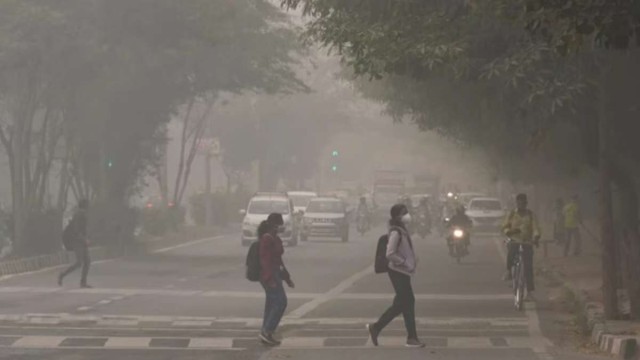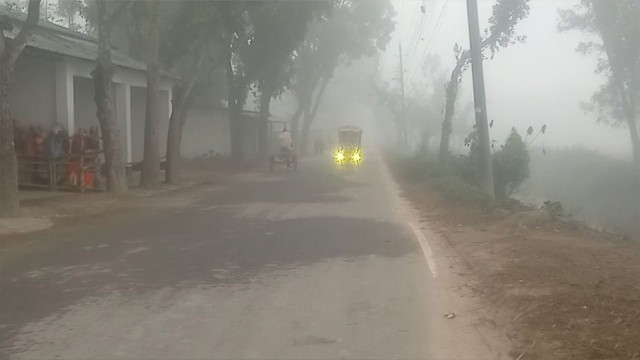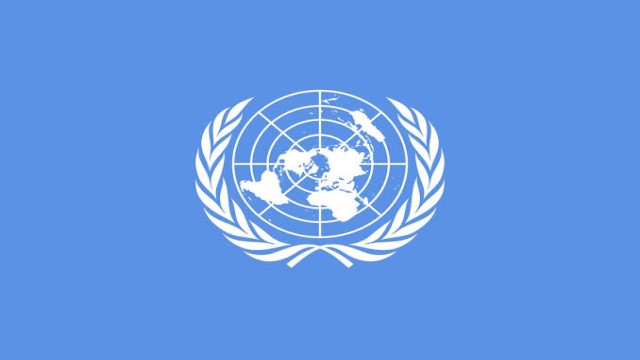This morning, on July 4, 2024, Dhaka maintained its air quality in the 'moderate' category, registering an Air Quality Index (AQI) score of 68 at 8:55 am. This places Dhaka at the 26th position on the global list of cities facing air quality challenges.
Leading the list are cities like Kampala in Uganda with an AQI of 191, Kinshasa in the Democratic Republic of the Congo with 168, and Jakarta in Indonesia with 132.
An AQI score between 50 and 100 indicates 'moderate' air quality, generally acceptable but potentially posing minor health concerns for unusually sensitive individuals. As per the air quality index guidelines, AQI values between 101 and 150 are considered 'unhealthy for sensitive groups', while scores between 150 and 200 are 'unhealthy'.
In Bangladesh, AQI measurements focus on key pollutants including particulate matter (PM10 and PM2.5), nitrogen dioxide (NO2), carbon monoxide (CO), sulfur dioxide (SO2), and ozone. These indicators help gauge the cleanliness of the air and associated health risks.
Dhaka's air quality challenges are a persistent issue, typically worsening during winter and improving during the monsoon season due to increased rainfall which aids in clearing pollutants.
Globally, air pollution remains a significant public health concern, contributing to an estimated seven million deaths annually according to the World Health Organization (WHO). Major health impacts include stroke, heart disease, chronic obstructive pulmonary disease (COPD), lung cancer, and acute respiratory infections.































Comment: